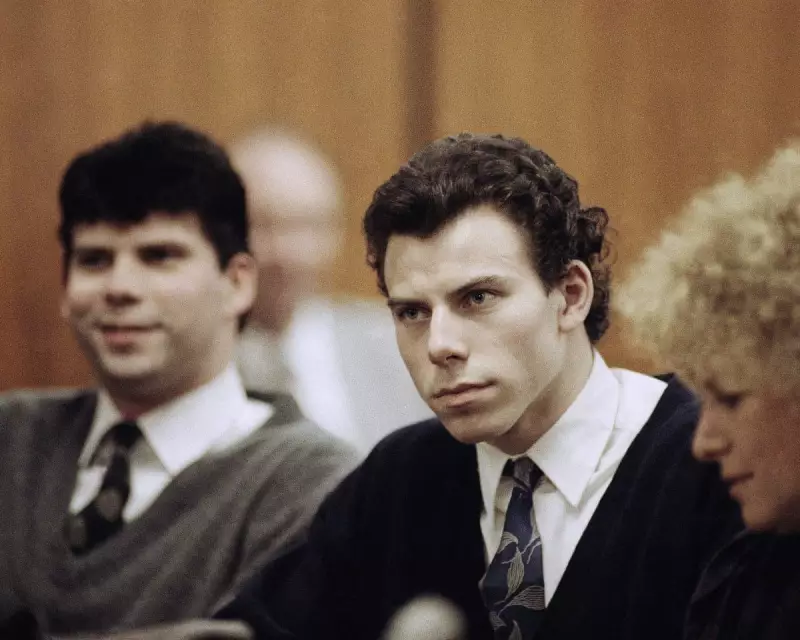
In a landmark decision that has reignited public fascination with one of America's most notorious criminal cases, Erik Menendez has been granted parole after serving over three decades in prison. The California parole board's ruling offers the 53-year-old a path to freedom, while simultaneously denying his older brother Lyle's release bid.
A Case That Captivated a Nation
The Menendez brothers were convicted in 1996 for the brutal 1989 shotgun killings of their parents, Jose and Kitty Menendez, in their Beverly Hills mansion. Their trials became a media spectacle, featuring dramatic claims of long-term sexual abuse and emotional manipulation that the brothers argued drove them to commit the murders.
During recent parole hearings, Erik presented himself as a reformed individual who had taken full responsibility for his actions. "I'm absolutely guilty of this crime," he stated during proceedings, acknowledging the devastating impact on his extended family.
Divergent Paths to Justice
While Erik demonstrated what the board deemed "significant self-awareness and growth," Lyle's approach reportedly differed substantially. Sources indicate Lyle focused more on alleged injustices within the legal system rather than expressing similar remorse, a distinction that likely influenced the contrasting decisions.
The brothers' cases have been separated since their convictions, with Erik being held at Mule Creek State Prison and Lyle at Richard J. Donovan Correctional Facility. This physical separation has led to different rehabilitation experiences that ultimately affected their parole outcomes.
The Road Ahead
Erik's release won't be immediate. The board's decision must undergo a 120-day review process before becoming final, after which officials will develop a detailed release plan. This typically includes strict conditions such as:
- Mandatory psychological counseling and supervision
- Restrictions on travel and association with certain individuals
- Prohibition from profiting from his crime through media deals
- Regular check-ins with parole officers
Lyle, meanwhile, must wait at least three years before he can reappear before the parole board, though he may petition for an earlier hearing under certain circumstances.
A Family's Enduring Trauma
The case continues to divide surviving family members. Some relatives vehemently opposed parole, arguing the brothers haven't served sufficient time for their crimes. Others have expressed support, believing the brothers' claims of abuse and their subsequent rehabilitation.
This decision represents another chapter in a legal saga that has spanned generations, raising persistent questions about justice, abuse, and the possibility of redemption even in the most horrific of circumstances.





